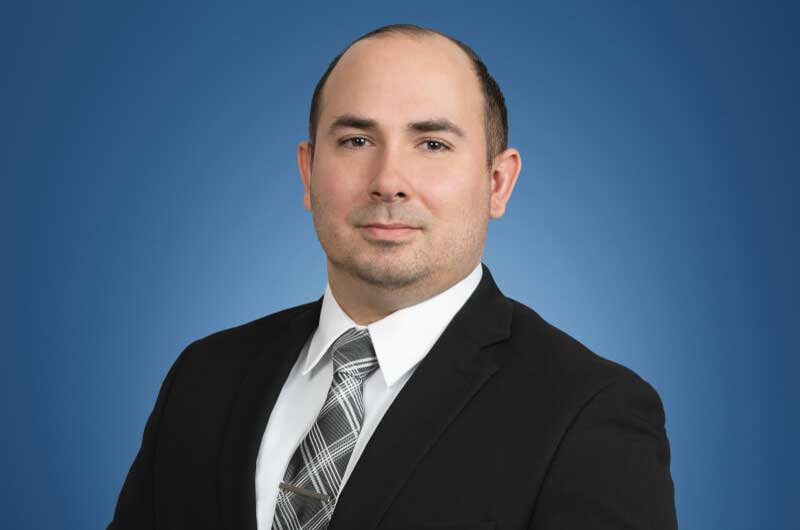At this point in their Hurricane Sandy insurance claims, many in New Jersey are being noticed to sit for an Examination Under Oath (EUO). Many wonder what an EUO is and if it is necessary for them to participate. An EUO is essentially a question and answer session where an attorney for the insurance carrier will ask you questions concerning your property and the loss claimed to that property. Virtually all insurance policies have a clause that requires you to cooperate with the insurance carrier’s investigation of your claim, which includes sitting for an EUO as often as they reasonably require. That begs the question, how do the courts of New Jersey deal with failure to participate in a requested EUO?
In the below quoted case, there were two insured’s: one completed her EUO, the other terminated her EUO early and did not return when asked to complete the process. The Court found that failure to sit for an EUO could be a basis for denying coverage.
What remains, then, is whether cancellation is legally justified simply because an EUO under oath was not completed. The EUO is part of the insured’s contractually imposed obligation to cooperate with the insurer. Cooperation clauses generally have been held to be material provisions of insurance policies with compliance therewith a condition precedent to the insured’s liability and a breach thereof a possible basis for forfeiture of coverage.1
Many plaintiffs that find themselves in such situations, however, challenge the denials based upon a lack of prejudice to the insurer. Courts in New Jersey have held that an insurer must show a cooperation clause was “deliberately breached in a material and essential particular,”2 This is a factual determination and does not require the insured to make “a demonstration of substantial detriment to the insurer,”3
Recent court decisions have held that simple miscommunication or neglect will not permit an insurer to deny coverage.4 However in the DiFransico case, coverage was denied because the requested information was highly relevant and the requests were reasonably and narrowly tailored. The takeaway from this line of cases is that purposeful avoidance of an EUO or other information request can be considered grounds to deny coverage. If you are noticed for an EUO or have received other information requests concerning your claim, it may be in your best interest to consult with an attorney.
1 Selective Ins. Co. v. Mauro, 2005 WL 3691162 (App. Div. 2006).
2 Pearl Assur. Co. Ltd. v. Watts, 69 N.J.Super. 198, 206, (App.Div.1961).
3 Kindervater v. Motorists Cas. Ins. Co., 120 N.J.L. 373, 377, (E. & A.1938).
4 DiFrancisco v. Chubb Ins. Co., 283 N.J.Super. 601, (App.Div.1995).




